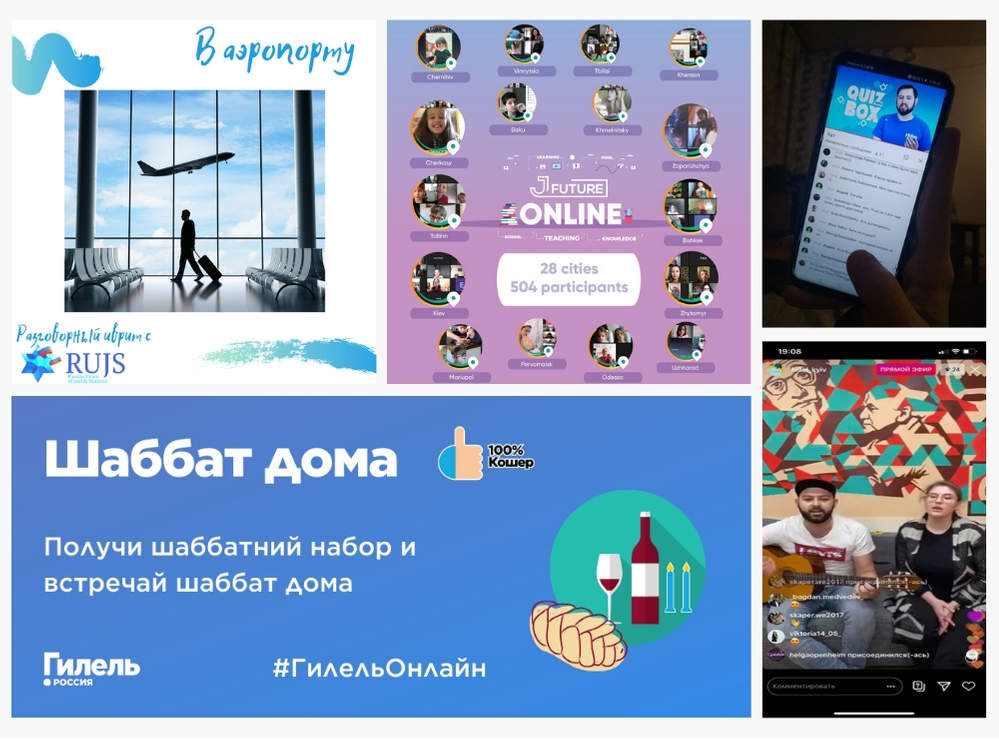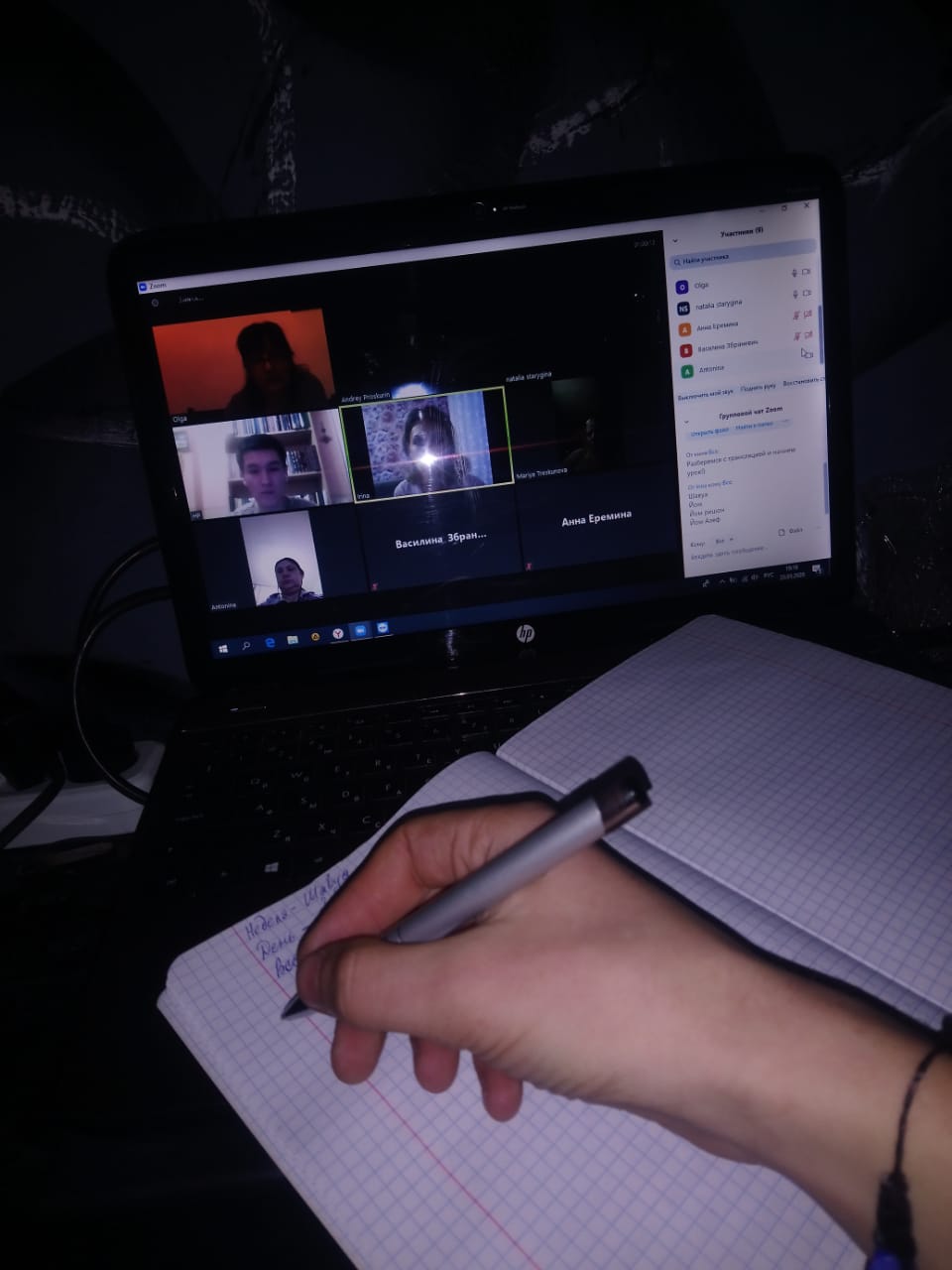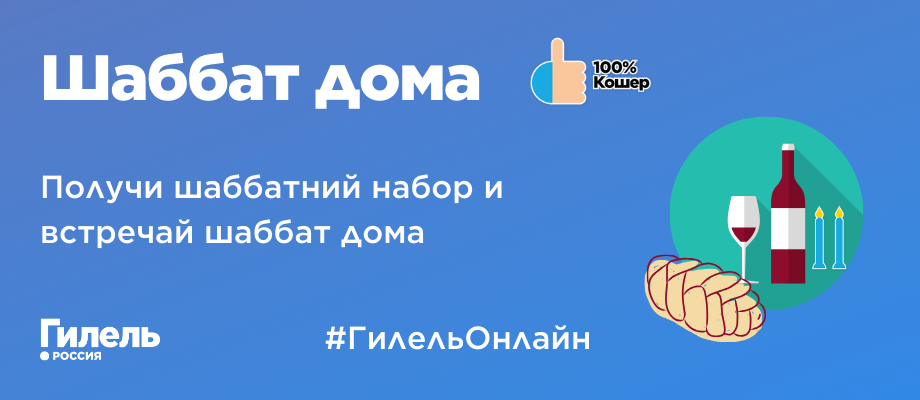
The threat of the spread of coronavirus could not paralyze the activities of Jewish communities and organizations comprising the Euro-Asian Jewish Congress. On the contrary, the emergency regime gave a new impetus to the mobilization of forces and the rallying of people. Jewish life in the Euro-Asian region is undergoing a dynamic development focused on online content, programs, and communications.

The representative office of the Euro-Asian Jewish Congress in Central Asia (Mitsva Association) is expanding the database of online courses and content while training teachers-volunteers in the field of online education.
Hebrew lesson taught by volunteers was the first online lesson in the new format. Chess, choreography, and fitness lessons followed. Children’s educational virtual program Mini Club, which is basically an online development center, is coming soon.
The traditional Shabbat weekly meetings also went online, and the first online Shabbat has already brought together 11 families. Soon, online classes on Pesach history and tradition will begin.
The Kesher project, an international women’s organization with representation in 5 countries, supported by the EAJC, has announced a series of webinars: from a financial literacy course to an online meeting on the development of Jewish female leadership.


Hillel CASE (Central Asia Southeastern Europe), which operates with the support of the Euro-Asian Jewish Congress, has developed and implements a diverse online program covering a large number of young participants from around the world.
151 teams from Ukraine, Belarus, Moldova, Georgia, Israel, the Netherlands, and the US took part in the fourth game of the online Quiz Box project season.
Hillel CASE students gathered online to meet Shabbat together. More than 100 students from Ukraine, Moldova, Belarus, Georgia, Azerbaijan, and Israel shared photos of their Shabbat on Instagram.
The soulful online Havdalah ceremony – a Jewish religious ceremony that marks the symbolic end of Shabbat and ushers in the new week, has been organized by Hillel Kiev, which also launched a new author’s project in collaboration with Limmud Labs: the intellectual game Limmud Brain Labs with the participation of 44 teams from Ukraine, Belarus, Moldova, Georgia, Israel, Azerbaijan, Russia, and Germany. The premiere of the project attracted more than 200 participants, and this is only the beginning.
The Jewish Association of the Philippines, affiliated with the Euro-Asian Jewish Congress, continues teaching preschool children online. As for adults, the community offers online challah preparation and Shabbat lessons.

Hillel Russia, supported by the Euro-Asian Jewish Congress, adapted all the country’s Hillels to distance work and moved the educational programs online. As part of the new Shabbat Home program, visitors will receive a set that includes Siddur, Shabbat candles, two challahs, and a bottle of kosher juice or wine. Hillel Russia also offers special online sessions for those who conduct Shabbat on their own for the first time. The whole team contributes to the development of online programs, including the celebration of Pesach.

The international educational platform JFuture, the flagship project of the EAJC, held its first online lesson in 28 cities around the world. More than 500 kids gathered together to learn a lot of interesting things about the history and traditions of Pesach. JFuture also offers children interactive Hebrew lessons online.

The All-Russian Union of Jewish Students (RUJS), with the support of the EAJC, launched a new online project helping young people to study and use conversational Hebrew. Students attend fascinating online meetings and discussions with Israeli journalists, political and public figures, as well as prominent rabbis and artists.
Dear friends, together we will overcome difficult times and unite even more to protect our loved ones, the Jewish people, and the whole world. Stay home!


